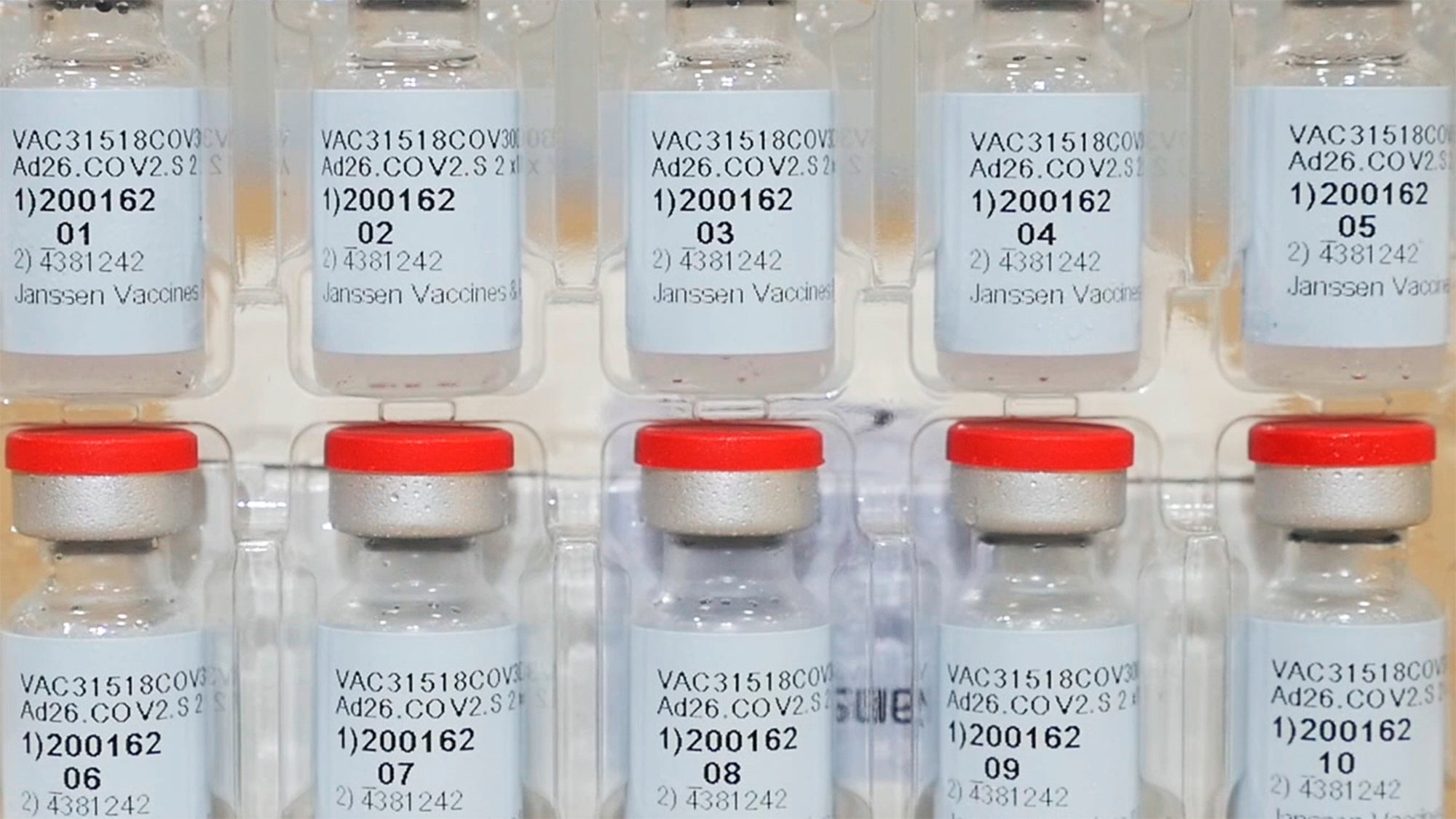

In the US, the reports of alarming side effects from the J&J vaccine - which has been given to about 7 million people since late February - lead to tough questions: whether it is in the public’s overall best interest to continue to administer the shot, restrict it to some people, or cancel it altogether. The condition is thought to perhaps result from the vaccine triggering an allergic reaction against a protein in blood platelets under very rare circumstances, leading to blood clots that might cause strokes or other problems.Īlready, reports of clots have led some countries, including Italy, Spain, and Belgium, to restrict the use of the vaccine to older people, while the UK has said that healthy, young people who are not at high risk of COVID-19 should have the option of a different vaccine if one is available. Their indecision reflects the thorny public health dilemma before regulators in the US as well as the rest of the world.Ī similar clotting syndrome has been reported among more than 100 recipients of the AstraZeneca vaccine in Europe, which uses a technology similar to J&J’s.

Another meeting of the group will be scheduled by Friday. “We are not ready to vote at this time,” said panel chair José Romero of the Arkansas Department of Health. This led federal health officials on Tuesday to recommend “out of an abundance of caution” that states pause their administrations of the shots.Īsked to assess the shot’s safety, risks, and appropriate use, the panel punted the decision on whether it should be resumed for one to two more weeks, citing a lack of enough data beyond six confirmed cases reported by federal health officials on Tuesday. The emergency session of the CDC’s Advisory Committee on Immunization Practices (ACIP) panel was held after reports of six patients who developed blood clots after getting vaccinated. An independent CDC expert panel on Wednesday put off a vote on whether the pause of Johnson & Johnson’s COVID-19 vaccine should continue, citing a need for data expected to come in the next two weeks on the shot’s links to an extremely rare and dangerous blood-clotting illness.


 0 kommentar(er)
0 kommentar(er)
